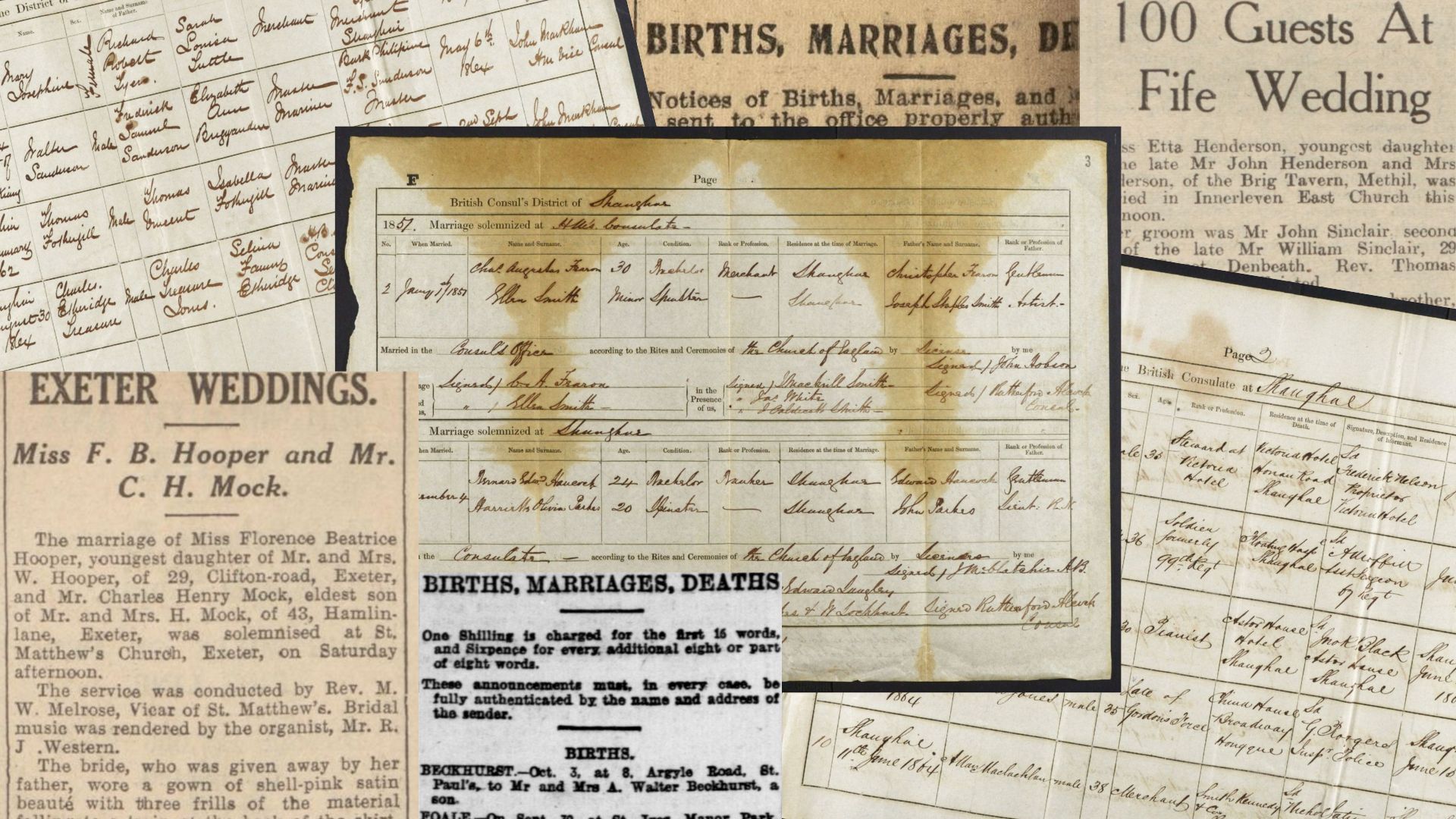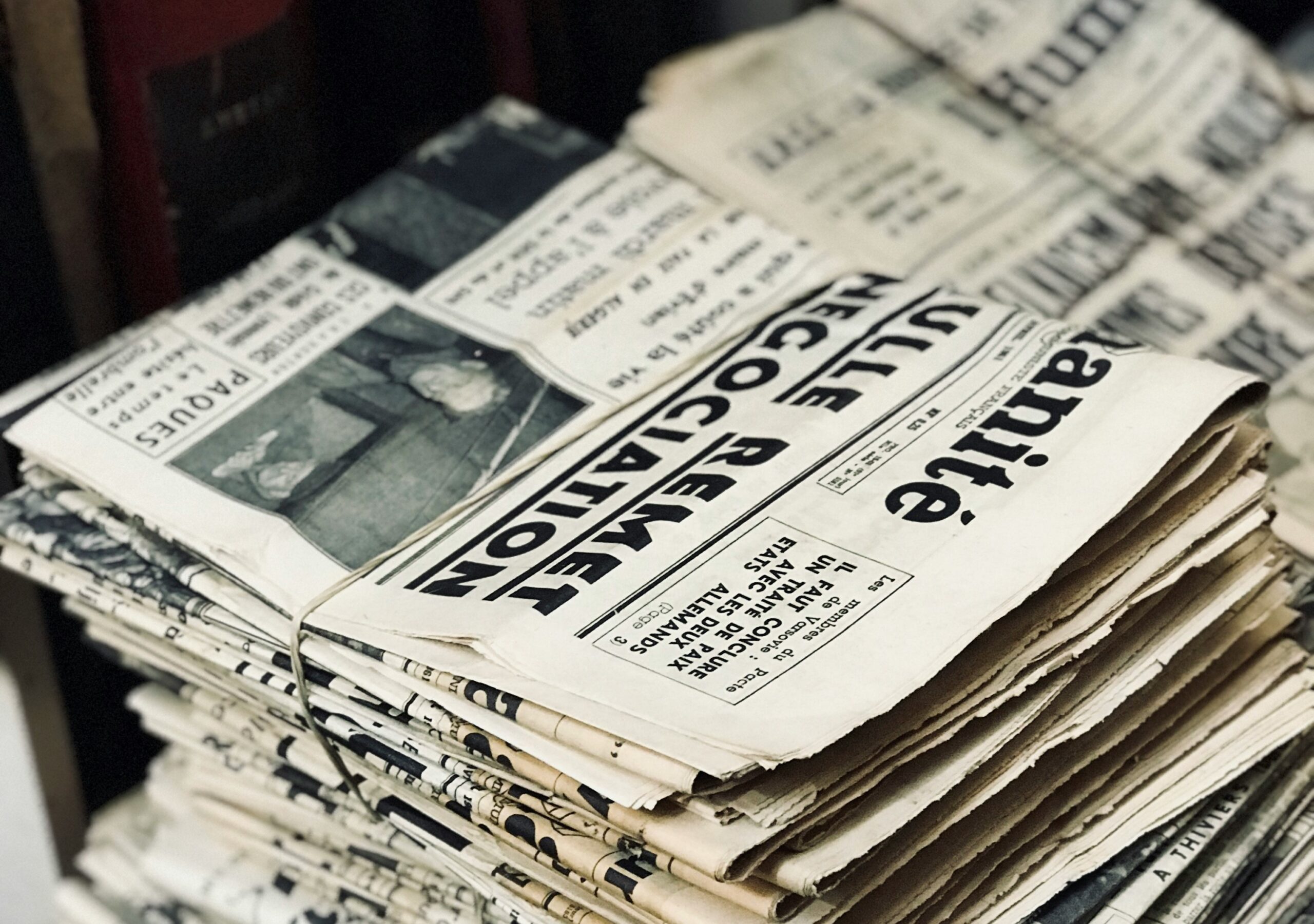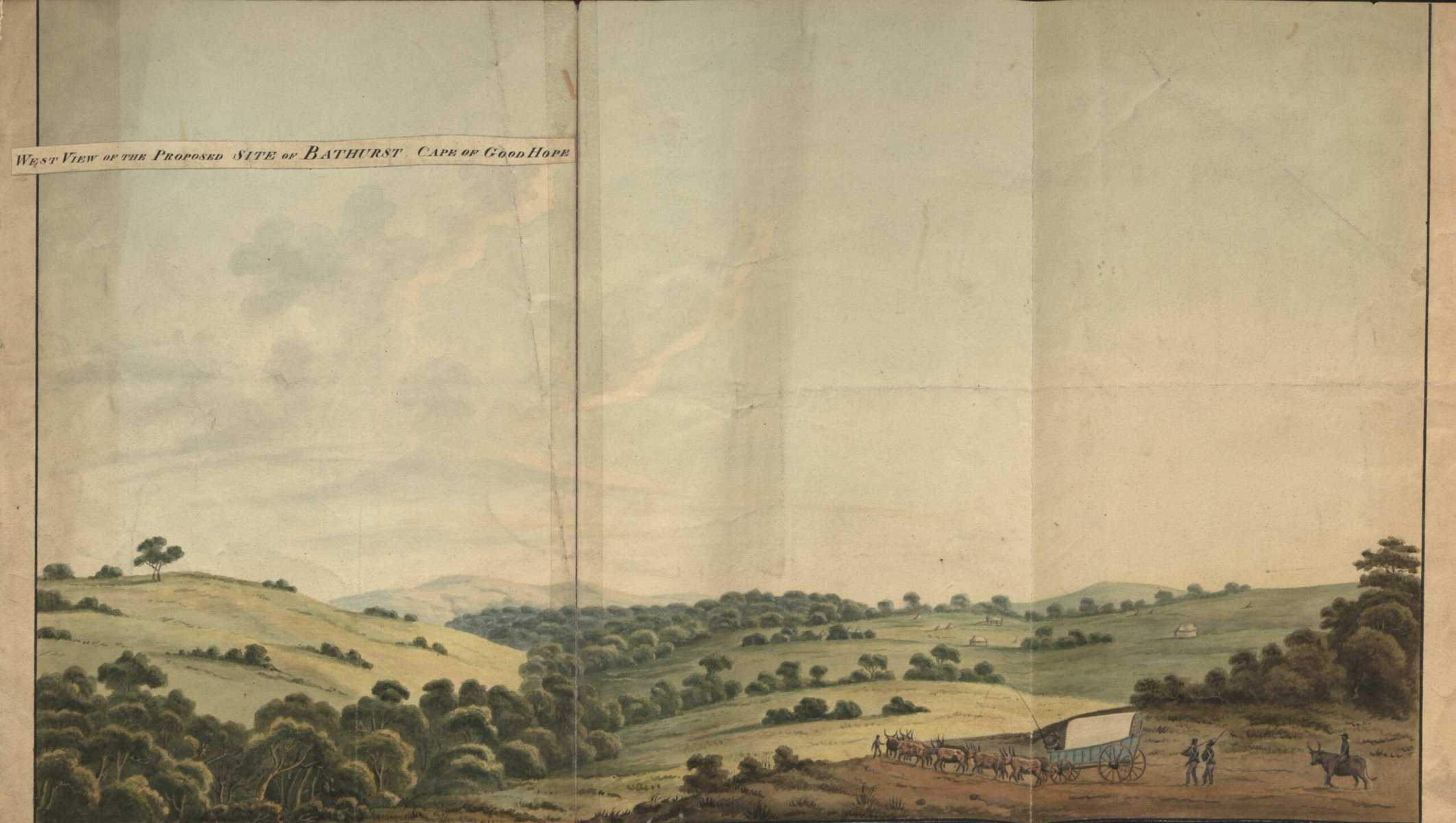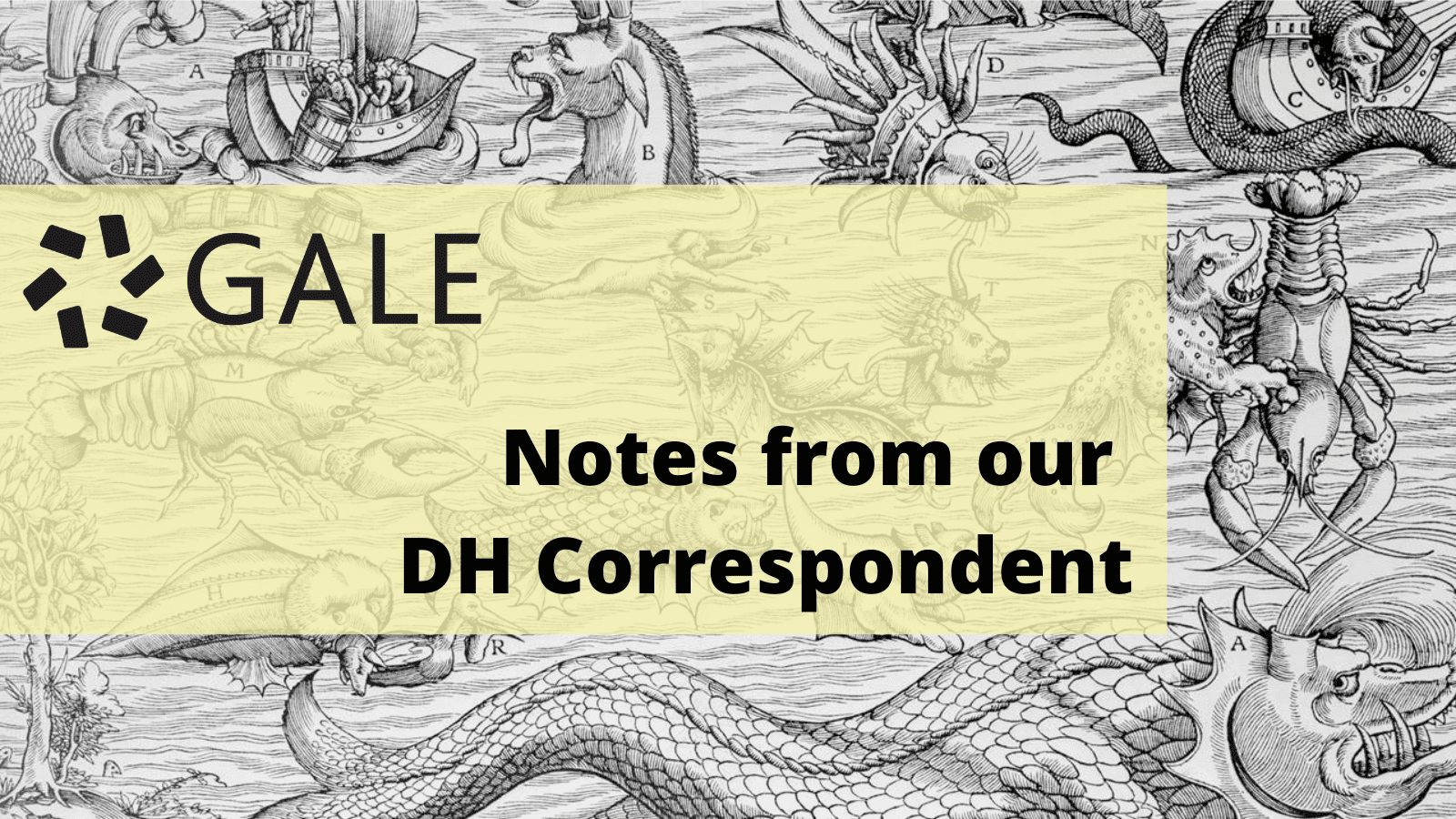│By Emma Harris, Associate Editor, Gale Primary Sources│
Gale Primary Sources offers a multitude of digital archives for all manners of historical research. But researchers may not realise that Gale’s archives can be used to explore one popular area of history – family history, or genealogy. Researching family history can often have its limitations, particularly geographical, yet digital archives help to break down these barriers, allowing researchers to find material from a range of locations that would usually not be accessible without travel.
Over the years, my family has been mapping out the history of our relatives, creating a broader picture of where we came from. So, aware of all the useful documents in Gale Primary Sources, I decided to see what extra information I could glean on my relatives, whilst also showing how certain Gale archives are especially useful for genealogical research.










